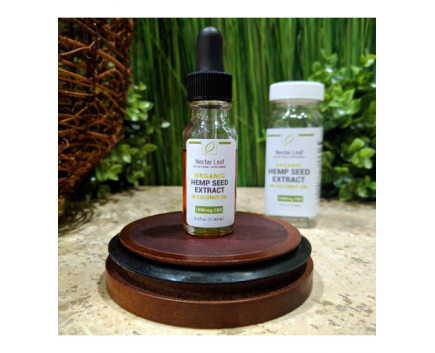
Is CBD Legal In the United States?
Since the passage of the "Marihuana Tax Act" of 1937, the growing, selling, and possession of any parts of the cannabis sativa plant has been federally illegal in the United States. With the passage of the Controlled Substances Act of 1970, Congress declared cannabis to be a Schedule I substance, a category that also includes heroin.
But a key shift in federal cannabis policy took place with the Farm Bill of 2018.
Since the passage of the US Farm Bill in December 2018, hemp is now legally defined as cannabis sativa containing less than 0.3% of THC. Marijuana is cannabis sativa with greater than 0.3% of THC, according to the federal government. Hemp is now federally legal, but marijuana is not. Therefore, all derivatives from the cannabis sativa plant are now federally legal, except for Delta-9 THC.
Traditionally, the terms hemp and marijuana differ from their current legal definitions. In the past hemp had described the strain of the plant selected for its woody fibers to make products like rope , clothing, and paper. Marijuana described the strain of the plant grown for its flowers containing THC, the cannabinoid responsible for its familiar psychoactive effects.
Today, most legally-defined hemp growing in the US is grown for its flowers, from which legal cannabinoids are extracted, like CBD. The dried flowers of the hemp plant have the same appearance and odor as marijuana, but contain less than 0.3% THC.
Laws about hemp, CBD, and other cannabis extracts vary from state to state. States like Florida, South Dakota, and Idaho were slow to legalize CBD after federal legalization with the enactment of the 2018 Farm Bill.
In many states, CBD is fully legal to sell and possess, no matter if the CBD is derived from the marijuana or hemp plants. In Florida, Hawaii, Kentucky, Nebraska, Ohio, South Dakota, CBD products are only legal if they are derived from the hemp plant. Some states have age restrictions on CBD. States with medical or recreational cannabis programs generally allow CBD products to contain higher than 0.3% THC.
In Idaho, CBD is legal as long as it contains ZERO THC, which, due to plant genetics, is close to impossible, making CBD virtually illegal in this lone holdout in the Northwest.














Comments
Leave your comment